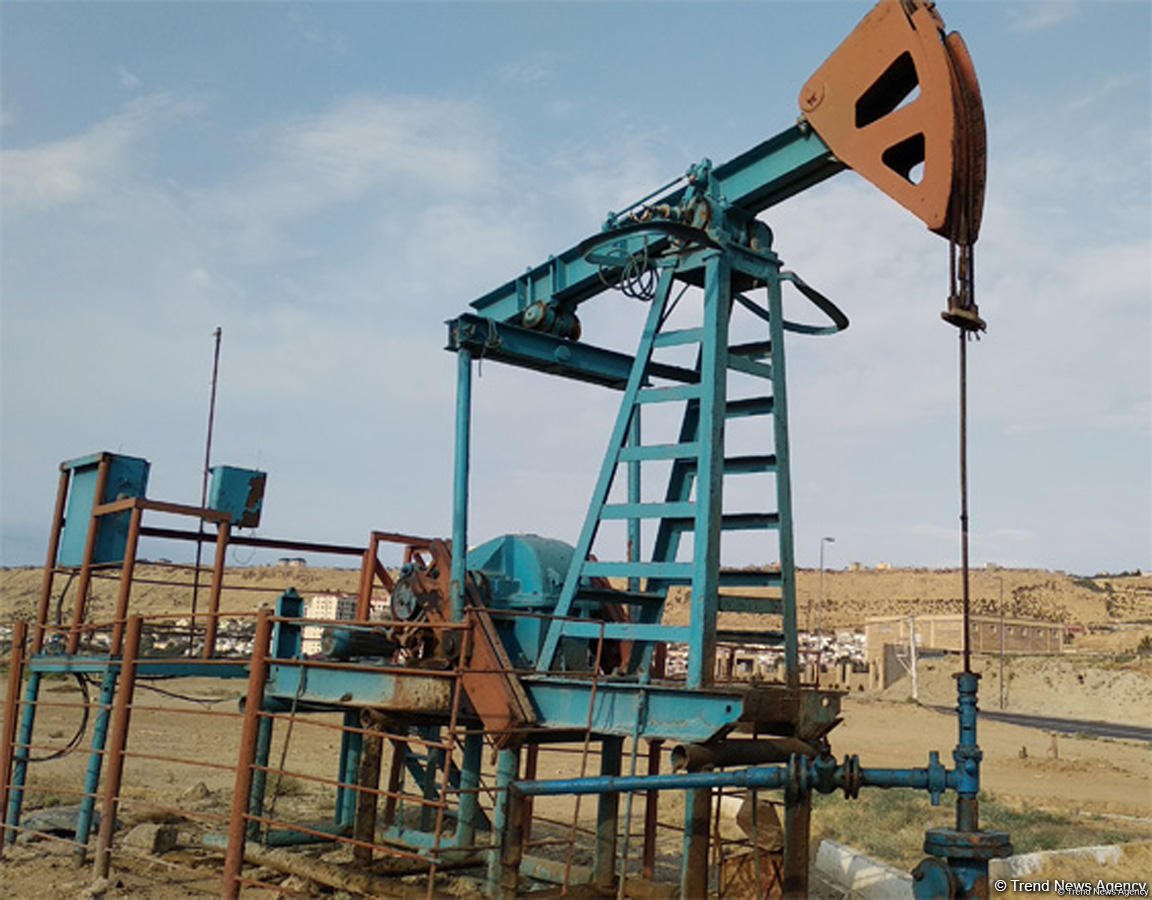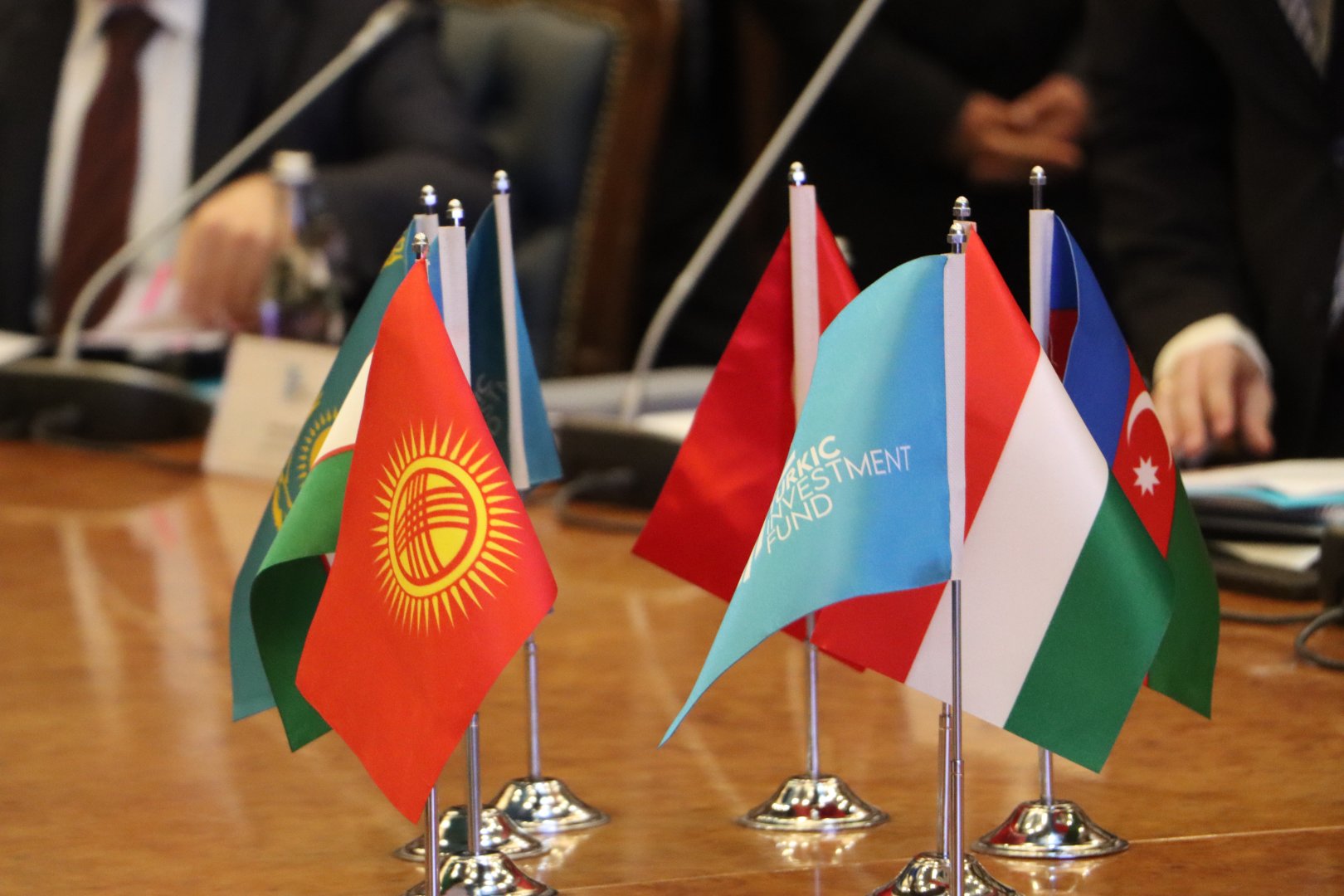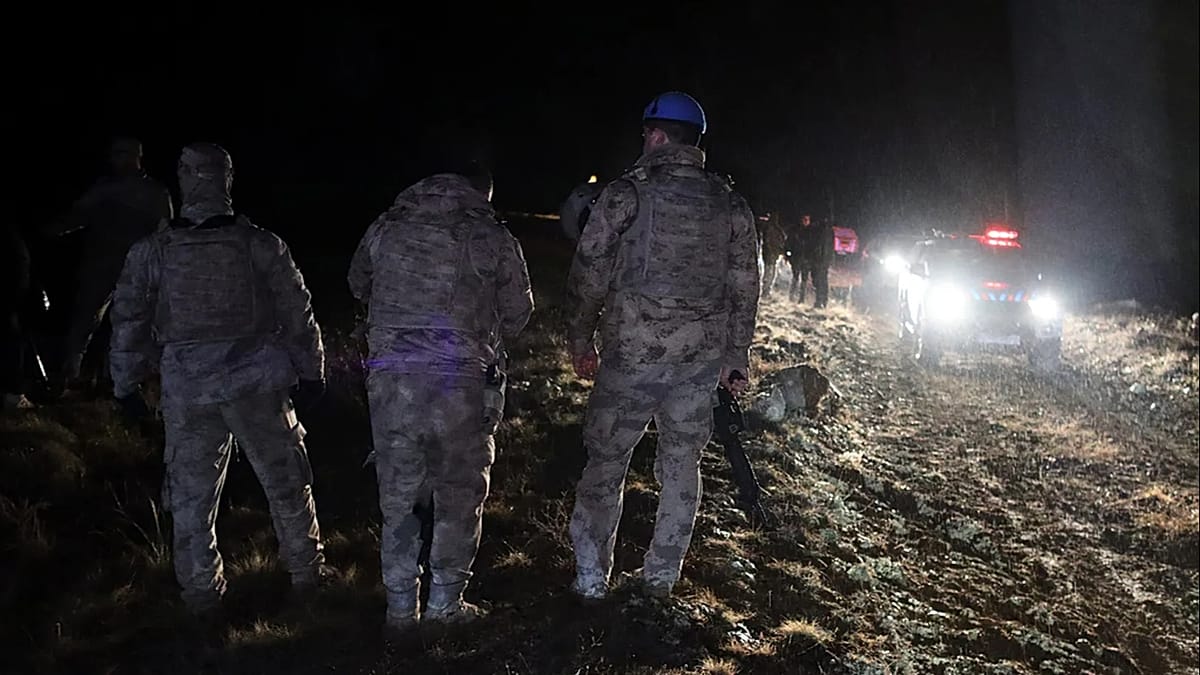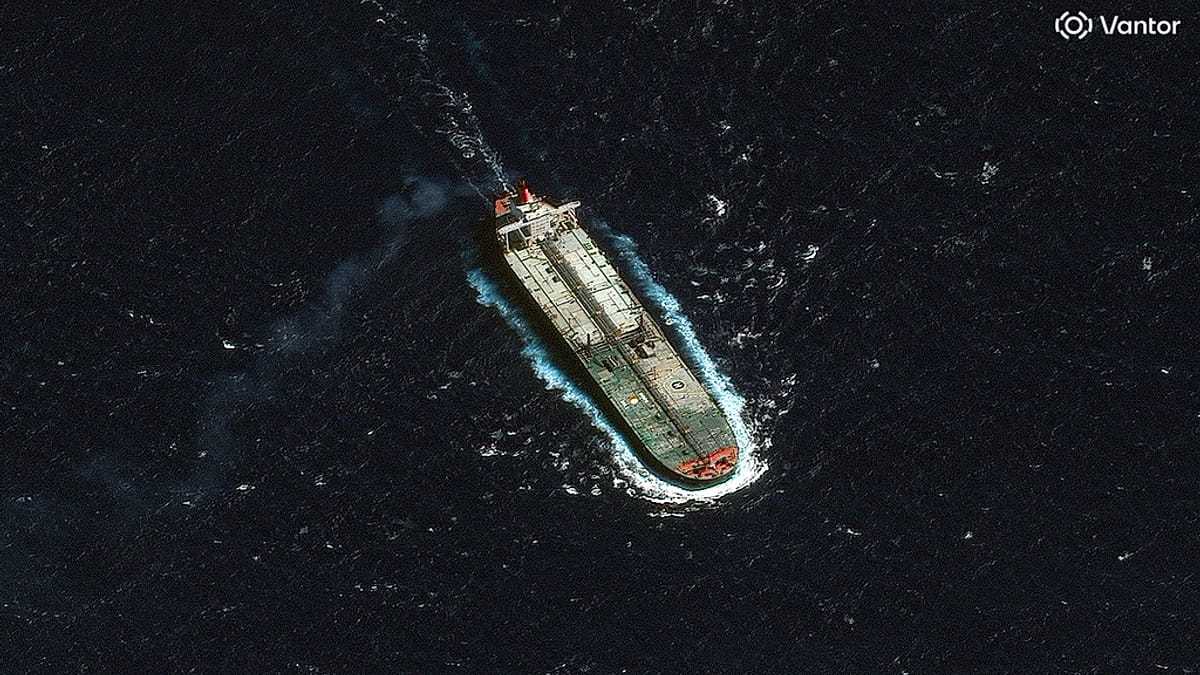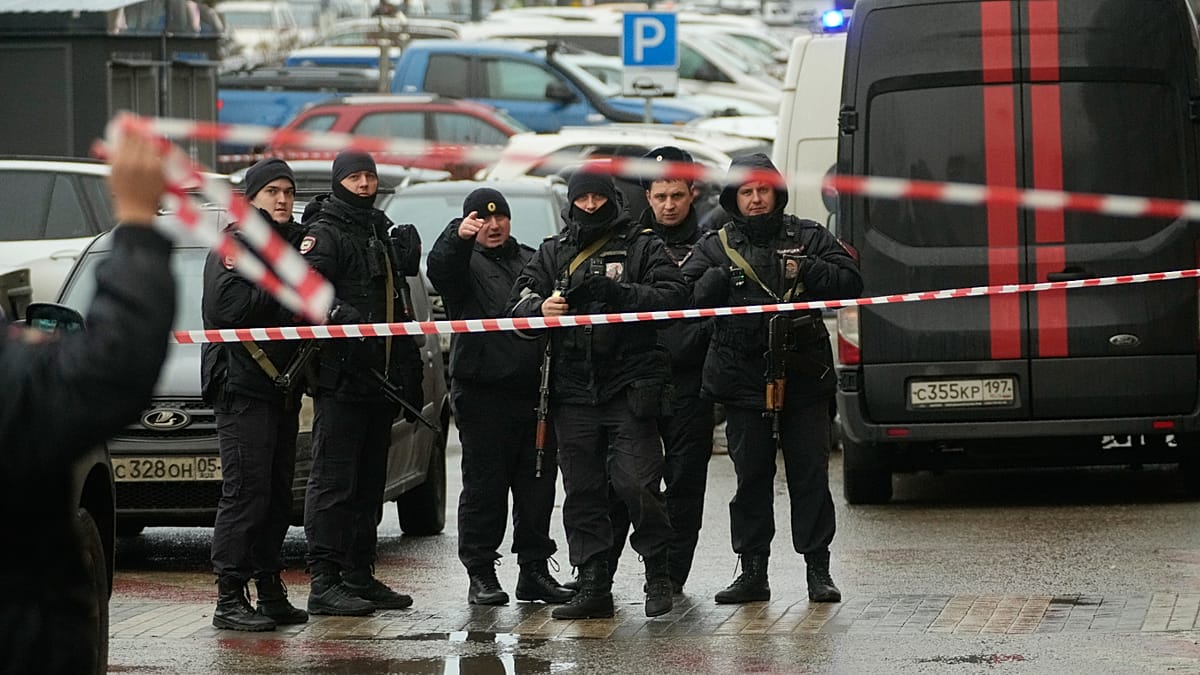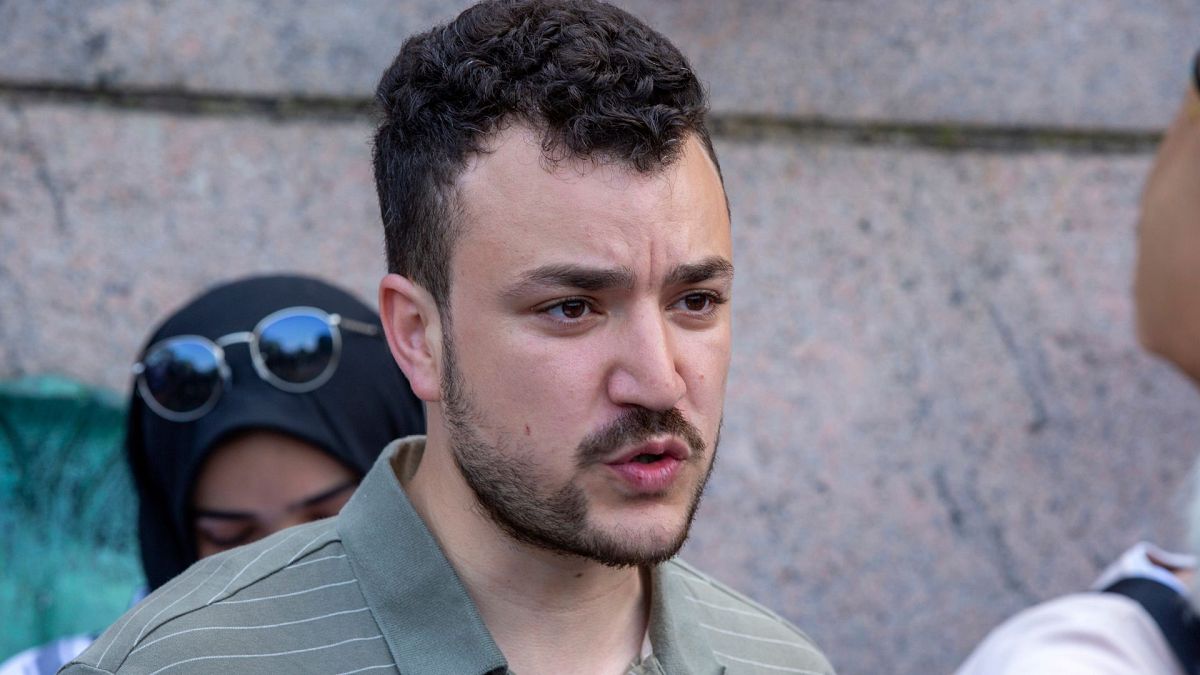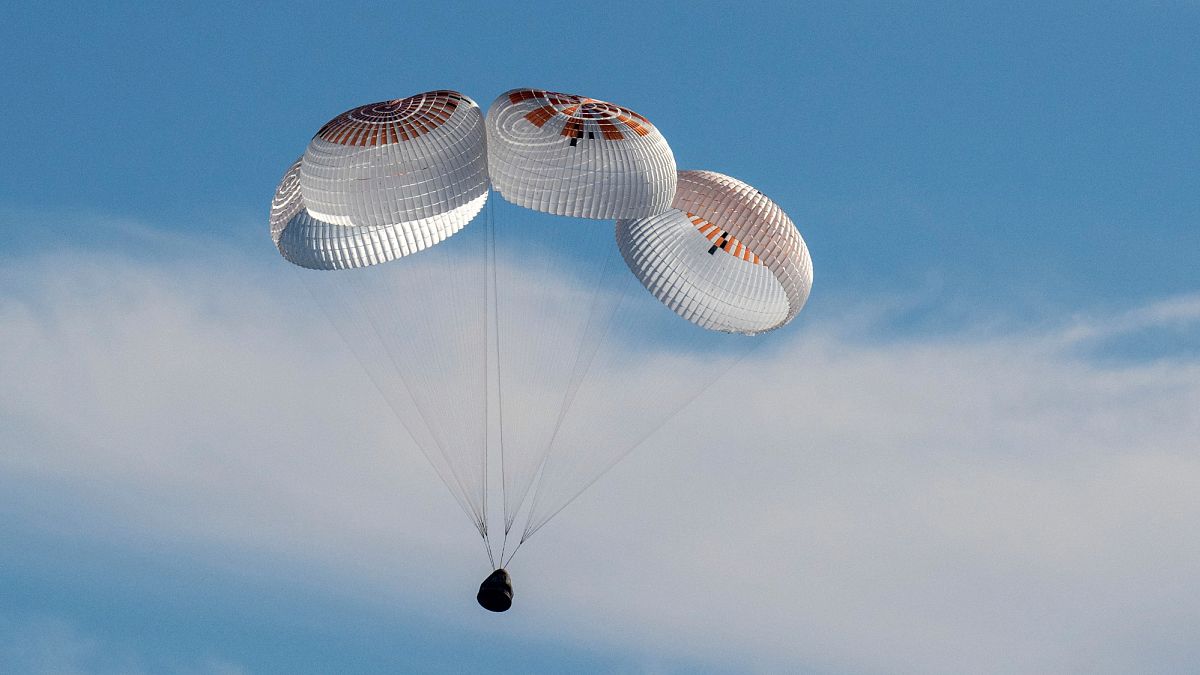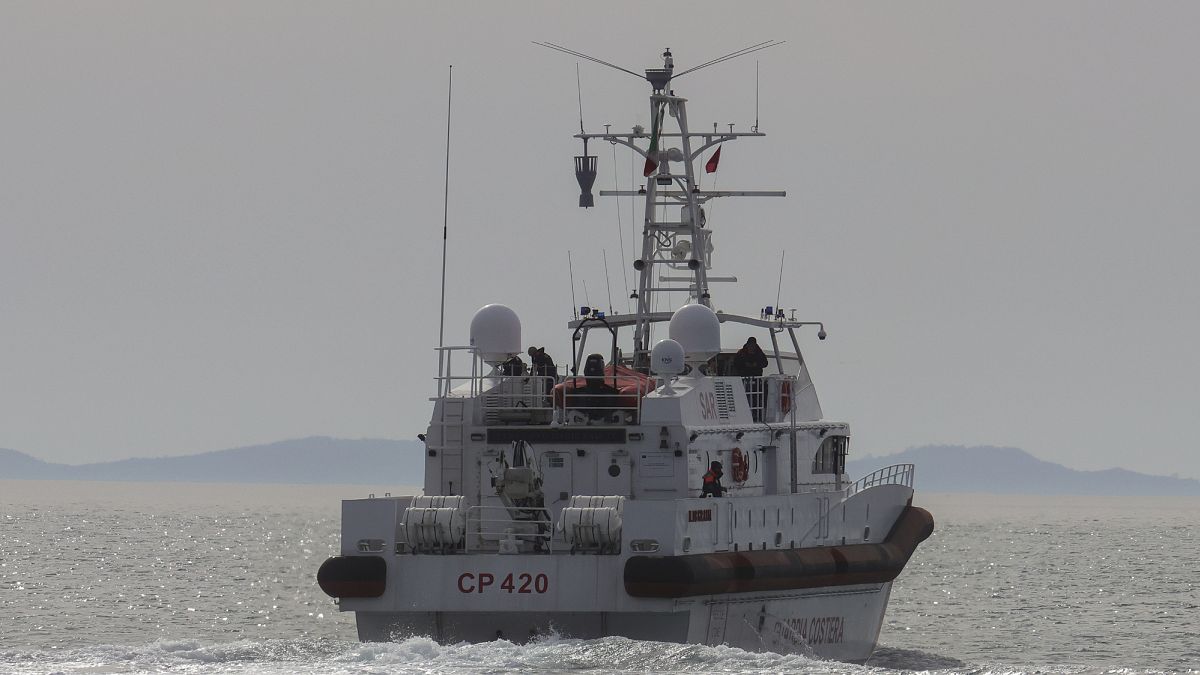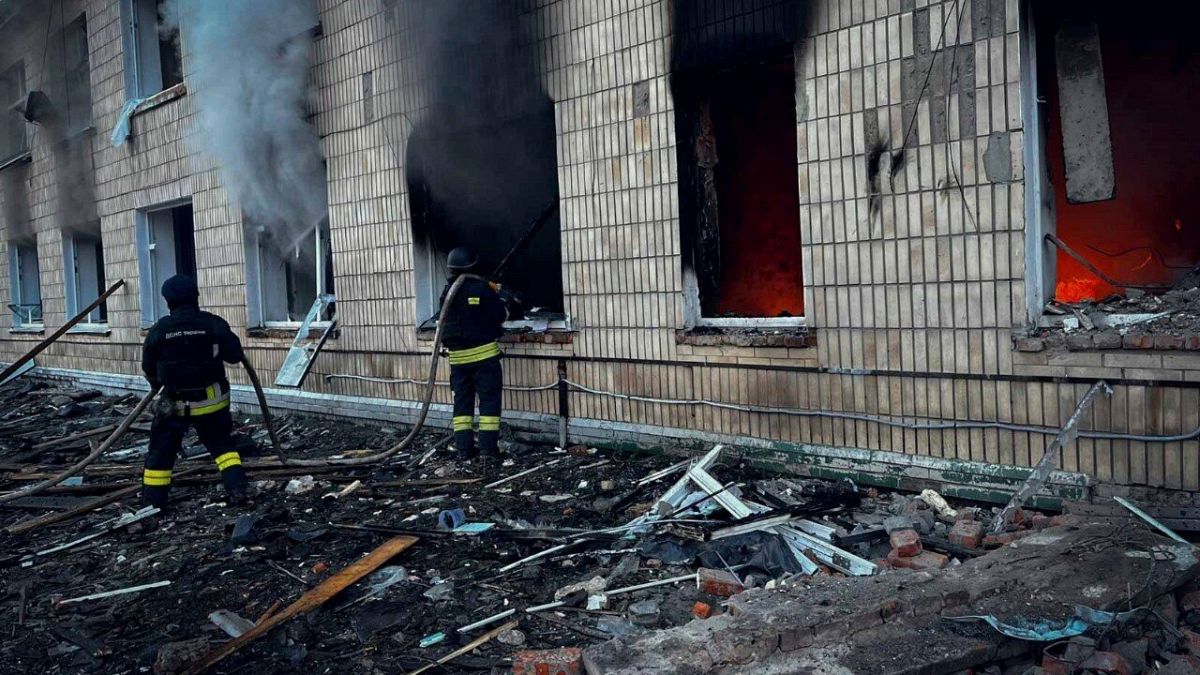Landsbergis: ‘A bad agreement in Ukraine will make Eastern Europe more vulnerable’

BRUSSELS – A “bad agreement” in Ukraine, particularly with the recognition of Russian occupation in large parts of the country, although “de facto and not de jure,” “would reduce American influence in Eastern Europe” and “would sow doubts” about NATO’s willingness to protect the entire eastern flank, especially for those regions, like the Baltics, more “vulnerable” to the Russian war machine. This is the belief of former Lithuanian Foreign Minister Gabrielius Landsbergis, who warns Western Europe – where, according to him, there remains a “different sensitivity” regarding the threat posed by Moscow – against the temptation to find a “gray area” in which to sign agreements with Vladimir Putin.
“What worries me – he states during an interview with ANSA – is that, in the event that there is an agreement in Alaska in favor of Russia regarding the occupied territories, instead of protesting and offering support to Ukraine in place of the US, Europe might accept it, since it would not be an officiale recognition, precisely de jure. NATO Secretary Mark Rutte has made statements in this regard, and I see other similar readings… And I fear there is a narrative underway to prepare the ground.” In practice, “the bare minimum” would be accepted just to avoid the worst.
It is the logic of acquiescence (or appeasement, in English), which brings multiple consequences. The US, in that case, would lose, for example, the trust of Eastern Europe in their role as primary security provider. “Russia’s de facto control has been expanding since 2014 and is getting very close to our territories,” argues Landsbergis. “And what if it moved further? What if it reached some areas currently under NATO protection? Would the logic of ‘de facto’ continue? Doubts would creep in, if they haven’t already, in countries like mine or neighboring mine, and it would be very difficult to eradicate.”
Then there is the aspect of precedent. “If Putin knows he can count on direct contact with Trump, then he might decide to take the Baltics and then say ‘now let’s discuss this new reality.’ Rutte himself cited the Baltics as a territory occupied by the Soviet Union, de facto and not de jure, and which then regained independence,” he states. As if to say, all’s well that ends well. “So if it were only de facto, would it be fine today as well? Now I am being ironic, but it is to explain the risk of this logic,” he lashes out.
Ultimately, certain differences between Western Europe – which has not experienced Soviet occupation – and Eastern Europe remain. “We know that it concerns the future of our children, and it is no coincidence that we are already close to the spending targets set at the last NATO summit,” he concludes. “Spain, on the other hand, can afford the exact opposite.”



